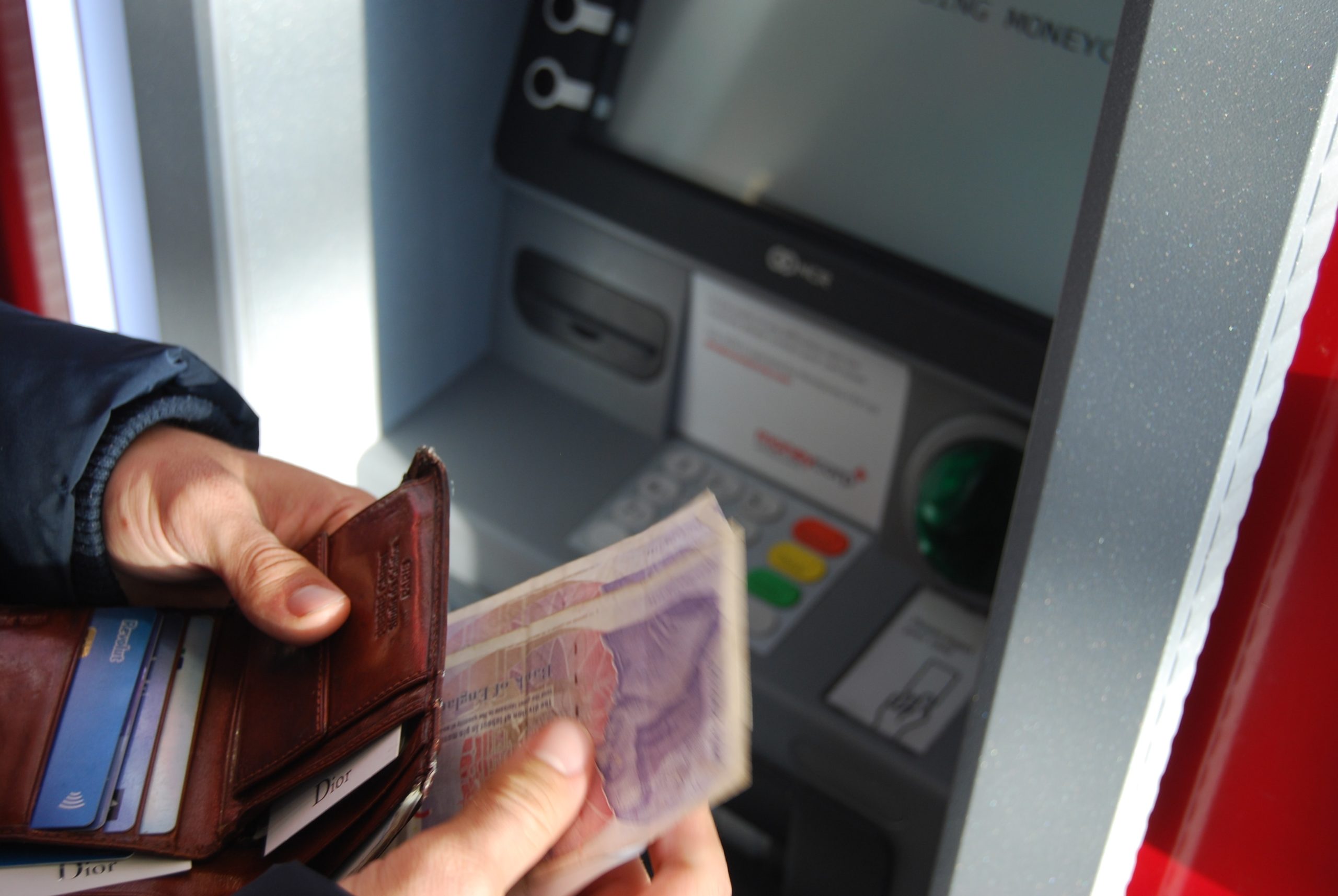
By Johnny Jet – For the past 20 years, Johnny Jet averaged 150,000 miles and 20 countries a year. He has been featured in many major publications and appeared on ABC, CBS, CNBC, CNN, FOX, MSNBC, NBC and PBS.
No matter how much money you have in your account or how large your credit limit, hearing that your card is declined can be cause for panic—especially while you're traveling. There are myriad reasons why your credit card might stop working while on the go. Fortunately, there are also several things you can do before your trip to ensure that this scenario is an unlikely one.
Reasons Your Credit Card Isn't Working—and What to Do
The main reason your credit card may not be working is that your credit card issuer suspects fraud. You're spending outside of your habits, whether in what you're purchasing or where you're purchasing it. However, sometimes it might not even be anything that you've done. It could just be that you're traveling in a fraud-prevalent country, where credit theft and scams are more likely. In many cases, all you have to do is give your issuer a call and they'll release the hold.
When you call, you'll want to have all the necessary information at your disposal when you speak to your credit card issuer. This includes the issuer's international help number (sometimes, this differs from the U.S.-based number you might see on the back of your card). You'll also want all the information they might ask for to identify you as the cardholder, such as your social security number, billing address zip code, an example of a recurring purchase, etc. The issuer may also ask you to confirm some recent transactions, in which case it's handy to have copies of all your recent receipts.
Once you call, they will likely make a note on your account that you're traveling, so none of your future purchases are flagged. However, you should try to make a small or simple purchase after your call to be sure that your card is no longer blocked. It’s frustrating to expect your card to work, only to find out the hard way that the account is still locked.
Another possibility when your card isn't working? You've gone over your credit limit, even if you haven't spent over your credit limit. Hotels often put hold charges on your card that are refunded after you check out. This amount differs but sometimes it may be well into the hundreds of dollars. Look into your hotel's policy on this and see if you did exceed your credit limit. If so, there's not much you can do.
Preventing a Credit Card Failure
There are a few things you can do to prevent your credit card from failing to work while you're traveling internationally. One of the most basic things you can do is to let your credit card issuer know you will be traveling. Aim to do this a few days before you leave the country.
Usually, placing a call to the number on the back of your card is recommended. Though, some issuers allow you to set up your travel notification online or via their app.
Additionally, if you know ahead of time that you don't have an extensive credit line, check hotels' policies on credit card holds before you book your stay. Then pick a hotel that won't put you over your limit.
Extra Tips For Using Your Credit Card Internationally
If you don't currently have one, before you travel abroad, consider signing up for a no foreign transaction fee international credit card. That way you can save on foreign transaction fees and have extra security. Many cards can charge you around 3% per purchase otherwise, which can add up if you're paying for most or all of your transactions with a card.
While you're traveling, if someone offers to give you a purchase total in U.S. dollars rather than the local currency, don't take them up on that offer. Some merchants will charge you an exchange fee for this service.
If you're traveling in Europe, most merchants will bring a handheld credit card terminal to your table to run your card in front of you (versus taking it away to a terminal elsewhere, as we do in the United States). If the merchant wants to take your card elsewhere to process the payment, don't hesitate to ask them to do it in front of you instead. It won't be considered rude or odd, as it's more odd that they're not doing that. This can protect you from potential data theft.
Additionally, just as you would your passport and travel itinerary, take photos of the backs and fronts of your credit cards, in case your credit cards are stolen. If your card is stolen, report the theft to both your credit card company and the local authorities as quickly as possible. Again, it's always good to have more than one travel credit card on hand when traveling anywhere. This goes for both domestic and international travel.
Tips For Business Travelers
Traveling abroad for business and having an unusable credit card can complicate matters. Fortunately, business travel also means exclusive and sometimes even expedited access to assistance. Here are a few ways you can help yourself if your card has been compromised, lost, or stolen while on a business trip:
- Contact your travel desk. After notifying your issuing bank about the inoperable card, contact your travel manager. Someone back home may need to lift an international travel spending restriction, or they can pay for essential expenses with another account.
- Use a chip and pin card. Most of the world uses "chip and pin credit cards" that function similarly to a debit card. Although you will most likely need an active pin code before you leave the U.S., see if your card has one. If so, typing the pin into self-pay kiosks can let you pay for purchases with your card.
- Bring a personal credit card. While it's standard protocol to only use your personal credit card for non-business expenses and your bleisure travel, it's a good backup. For example, your personal card may work if it's from a different issuer. Make sure you keep receipts of all business purchases to get reimbursement.
- Request rush delivery for a replacement card. Most banks offer worldwide credit card replacement. Ask if they can rush delivery a new card if your card is defective or has been stolen.
- Get emergency cash distributions. Your bank or travel insurance policy might offer daily cash disbursements. This can be enough cash to make daily purchases until your replacement card arrives.
- Carry some physical cash. It's always a good idea to bring some paper cash on any trip. Even if you don't convert it into the local currency upon arrival, you can likely find an exchange agent in a major business or tourist district.
Disclaimer: Opinions expressed here are author’s alone, and have not been reviewed, approved or otherwise endorsed by TripIt. The author may include references to products from advertisers. For an explanation of this contributor’s advertising disclosure, please click here.

